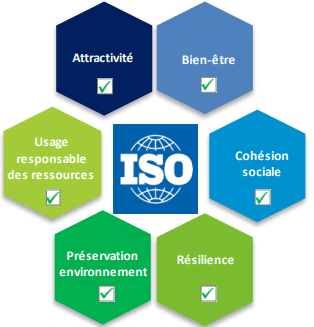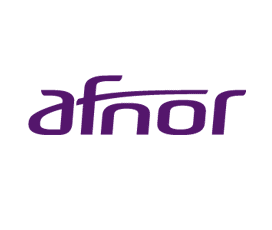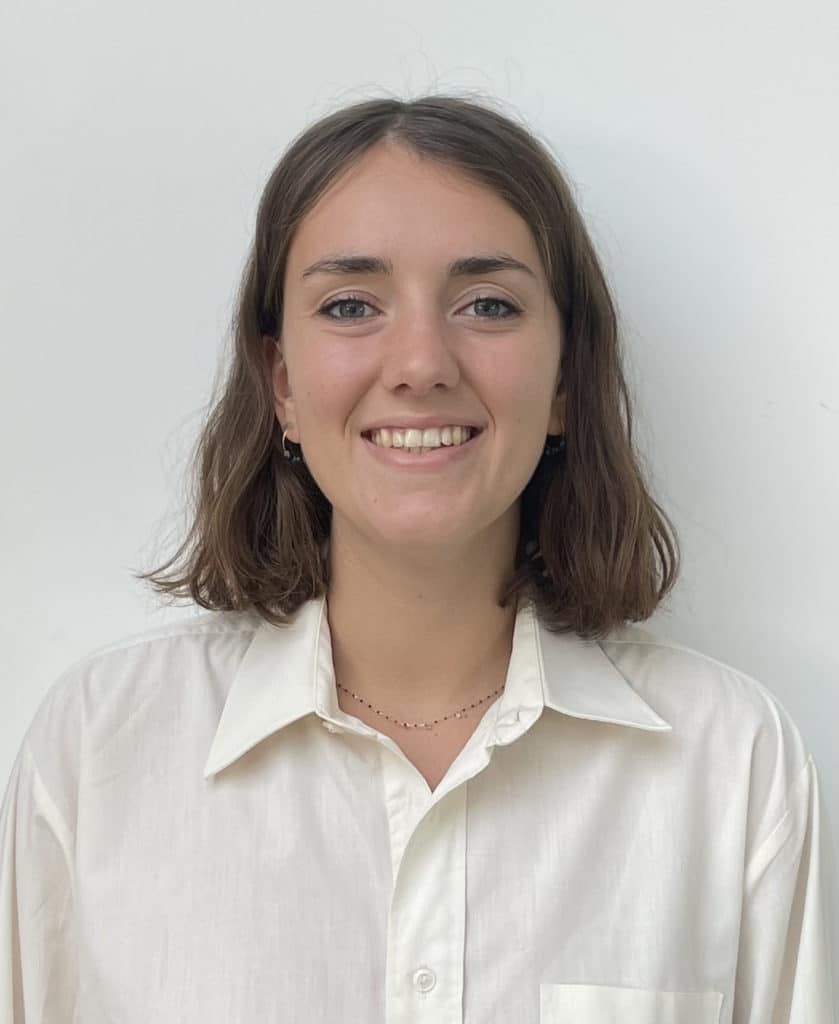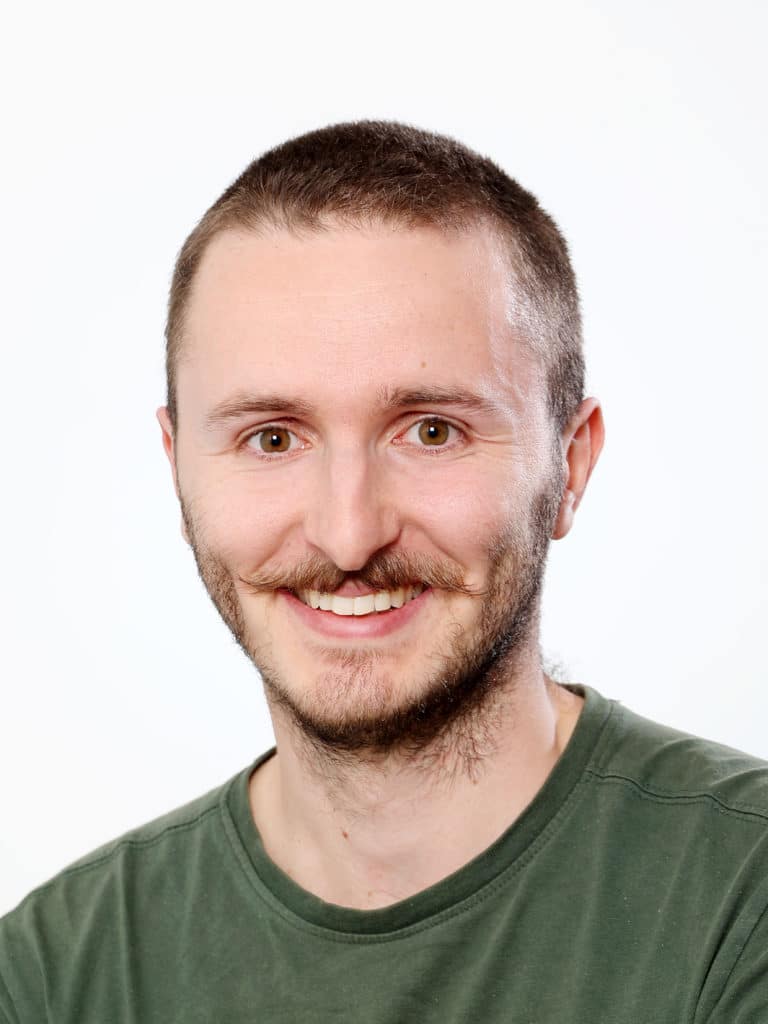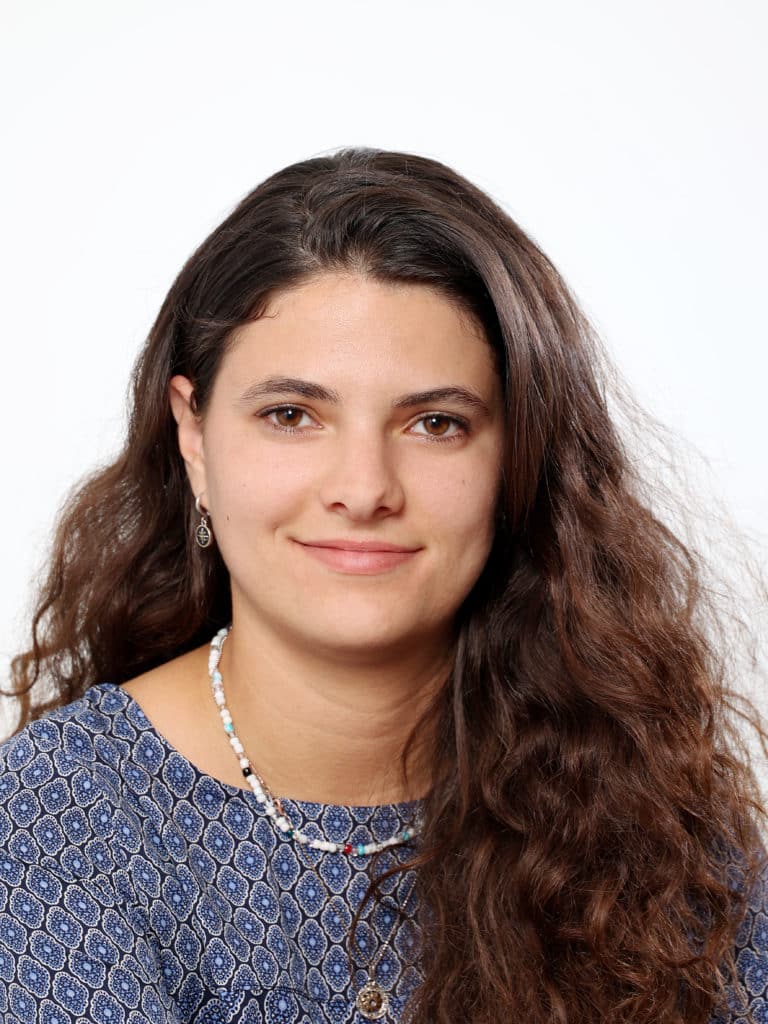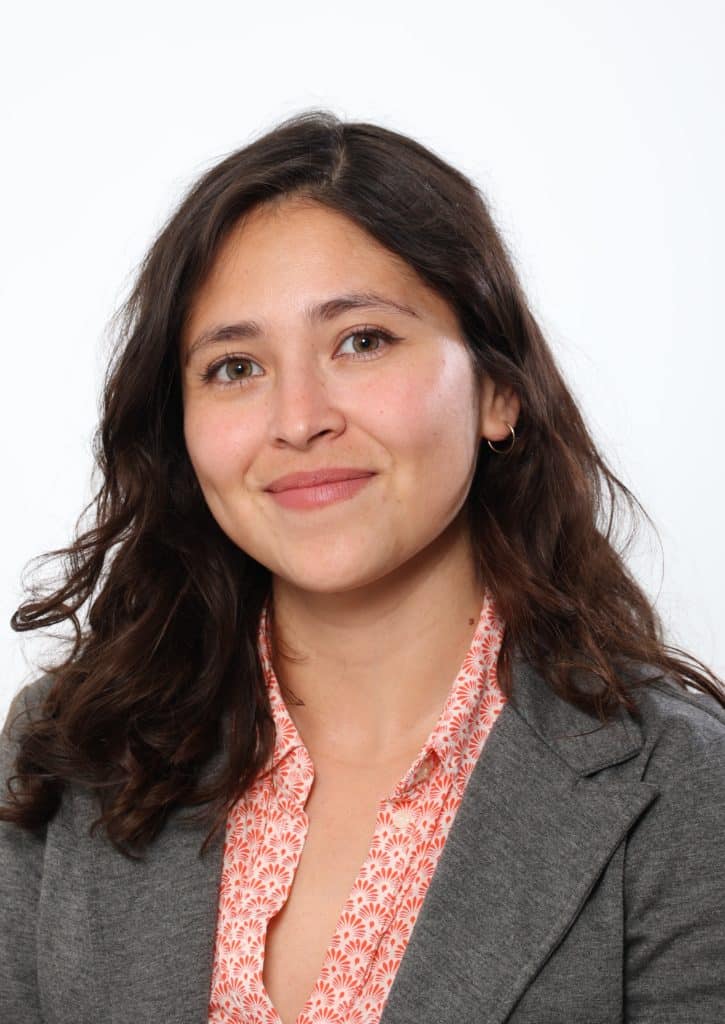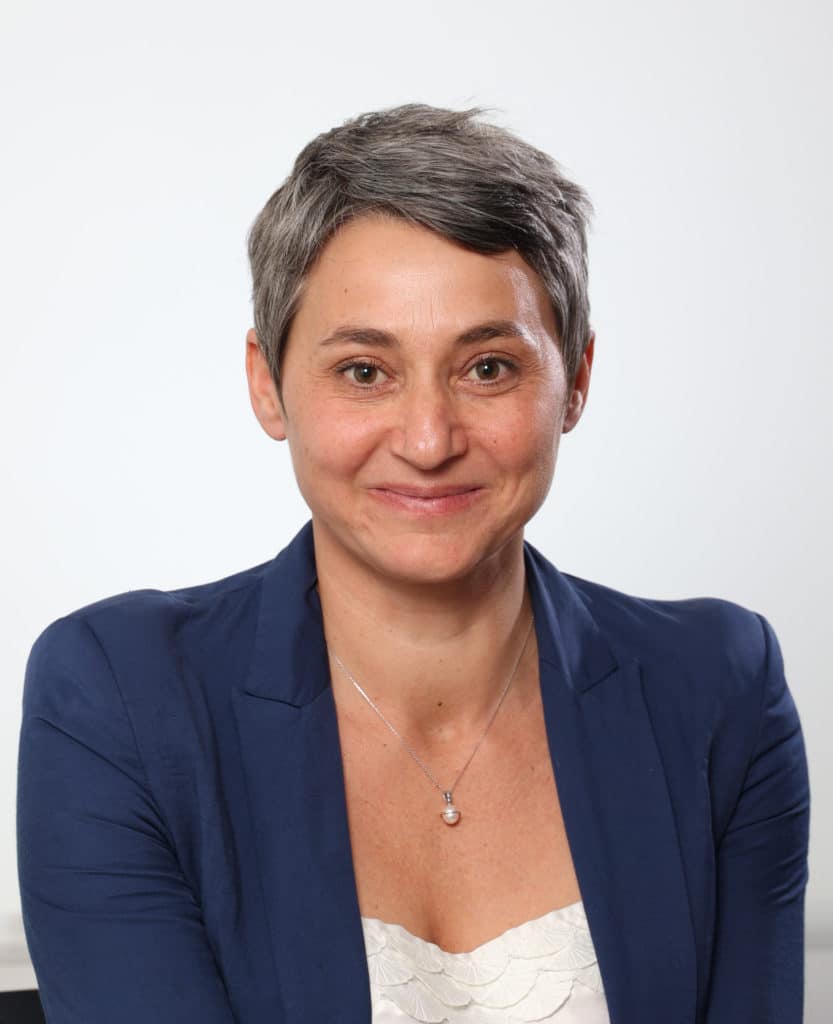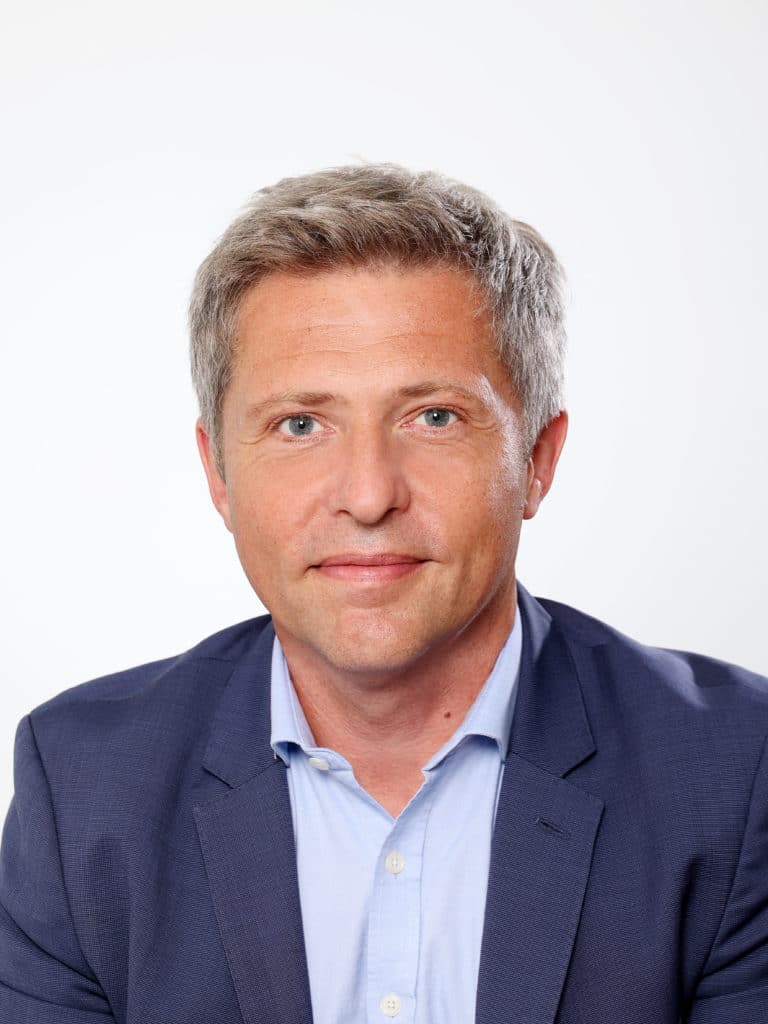Norme
Norme Iso 37101
- Créativité
- Inclusion
- Résilience
- Sobriété
- Suivi de performance / Labels, normes et certificats
La norme Iso 37 101 est une démarche d’amélioration continue posant les bases et principes d’un système de management du développement durable qui peut s’appliquer à des stratégies, des programmes, des projets, des plans et des services. D’application volontaire et flexible dans son utilisation, le standard appelle à mettre en place un système d’évaluation et à disposer d’indicateurs pour mesurer la capacité à atteindre les objectifs mais il n’est pas prescriptif en la matière et n’impose pas d’indicateurs ou de solution en particulier. Le standard Iso 37101 se structure en 6 finalités - Attractivité ; Bien être ; Usage responsable des ressources ; Cohésion sociale ; Préservation de l’environnement ; Résilience – et 12 domaines d’action.
Ce référentiel « finalités - domaines d’action » fournit des éléments de langage communs validés par un consensus international facilitant l’appropriation par les acteurs du projet et la coopération avec d’autres territoires et organismes.
ISO 37101, à l’instar d’autre normes de systèmes de management, est fondée sur le cycle d’amélioration continue PDCA (Planifier-Mettre en œuvre-Contrôler-Agir). Ce dernier implique que les utilisateurs ajustent leurs objectifs et leur stratégie dans un objectif d’amélioration continue.
Thématiques
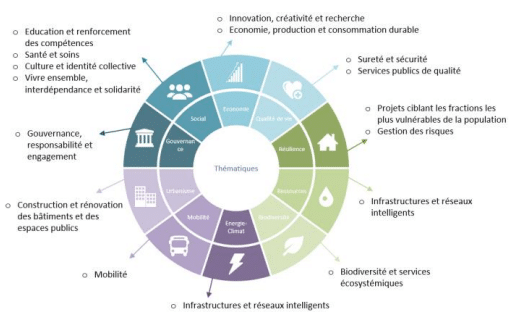
Finalités
